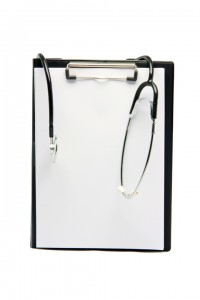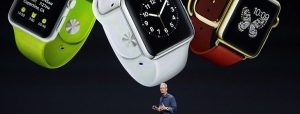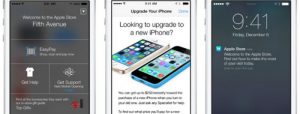 The medical community is currently facing many simultaneous changes to the way it has functioned. These range from the adoption of ICD-10 to Electronic Health records (EHR), and all of them essentially ask doctors to do more with the same amount of time. They are being required to fill out more information than before with the goal of painting a more complete picture of a patient’s condition for diagnosis, treatment, and future care. However, with limited time and patience, doctors end up using abbreviations and incomplete information, which means that there is not actually a clear communication of the patient’s medical condition or history.
The medical community is currently facing many simultaneous changes to the way it has functioned. These range from the adoption of ICD-10 to Electronic Health records (EHR), and all of them essentially ask doctors to do more with the same amount of time. They are being required to fill out more information than before with the goal of painting a more complete picture of a patient’s condition for diagnosis, treatment, and future care. However, with limited time and patience, doctors end up using abbreviations and incomplete information, which means that there is not actually a clear communication of the patient’s medical condition or history.
Although these programs aim to improve care, in practice they threaten to worsen its quality. A promising remedy for this is speech recognition technology. If doctors can record their notes then they are more likely to capture all of the relevant information than they would be if they had to type it. Instead of using abbreviations, they can speak freely to completely cover the details of the patient’s visit. In that the goals of programs such as EHR are not only improved care but facilitated transition of a patient from one provider to another, speech recognition solution such as Fluency Direct from M*Modal can be an important tool in achieving that by improving the chances that the entirety of the patient’s story is included in their record.
Providing doctors with this speech technology will help them continue to make the patient a priority while allowing them to provide a complete record. Changes to the current medical system are making medical organizations reluctant to adopt and especially embrace these new programs, but this software can ease the transition. In addition to improving compliance, speech recognition can improve a hospital or emergency room’s performance by allowing doctors to record detailed accounts of suggested treatment plans. If you are thinking about speech recognition and picturing someone carrying around a hand-held recorder, this is the 21st Century: some of these programs are cloud-based, meaning that doctors can record using any computer that can be attached to a microphone.










